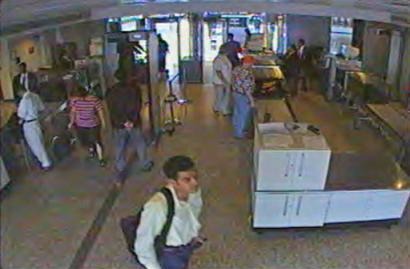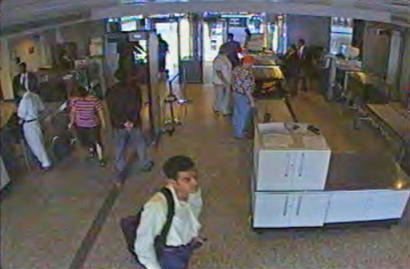
But the judge’s cited source, the 9/11 Commission Report, doesn’t actually include the account he gives in the ruling. What’s more, experts say the NSA could have avoided the pre-9/11 failure even without the metadata surveillance program.
We previously explored the key incident in question, involving calls made by hijacker Khalid al-Mihdhar from California to Yemen, in a story we did over the summer.
| Experts say the NSA could have avoided the pre-9/11 failure without its current surveillance program. |
In his decision, Pauley writes: “The NSA intercepted those calls using overseas signals intelligence capabilities that could not capture al-Mihdhar’s telephone number identifier. Without that identifier, NSA analysts concluded mistakenly that al-Mihdhar was overseas and not in the United States.”
As his source, the judge writes in a footnote, “See generally, The 9/11 Commission Report.” In fact, the 9/11 Commission report does not detail the NSA’s intercepts of calls between al-Mihdhar and Yemen. As the executive director of the commission told us over the summer, “We could not, because the information was so highly classified publicly detail the nature of or limits on NSA monitoring of telephone or email communications.”
To this day, some details related to the incident and the NSA’s eavesdropping have never been aired publicly. And some experts told us that even before 9/11—and before the creation of the metadata surveillance program—the NSA did have the ability to track the origins of the phone calls, but simply failed to do so.
Justin Elliot is a reporter for ProPublica, where this article originally appeared. Follow him at @JustinElliott.



0 Comments